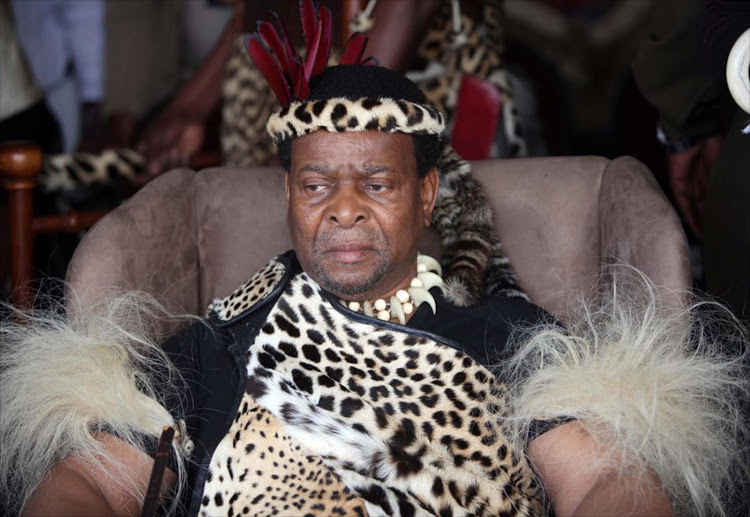For years juveniles in Zimbabwe who offend the law were subjected to corporal punishment.
That punishment imposed by the courts was part of the southern African country’s Criminal Procedure and Evidence Act.
The law provided for the caning of juvenile offenders but that has now changed after a judicial review.
The country’s top court, the Constitutional Court (Concourt) has ruled outlawing such a punishment describing it as “inhuman and degrading”.
The Herald reports that Zimbabwe’s Chief Justice Luke Malaba made the declaration after reviewing a case together with eight other judges of the apex court.
The panel of judges ruled that judicial corporal punishment aside being inhumane also “had no place in a democratic society”.
Why the need for a review
The Zimbabwe constitutional court was forced to outlaw the judicial corporal punishment after a 15-year-old boy challenged the legality of being sentenced to six strokes of the cane.
That was a punishment for the boy who was convicted of raping a 14-year-old girl.
A High Court judge in 2014, found the boy’s judicial punishment unconstitutional. A judicial review process was referred to the Constitutional Court for confirmation.
The review was heard in 2015 but judgement in the case was delivered this month by the court.
The apex court said it “holds that judicial corporal punishment is, by nature, intent and effect, an inhuman and degrading punishment within the meaning of Section 53 of the Constitution.

The order of the High Court concerning constitutional invalidity of Section 353 of the Act is hereby confirmed,” Chief Justice Malaba said.
The ruling means all convicted juveniles awaiting punishment in the form of caning would be exempted.
“With effect from 3 April 2019, no male juvenile convicted of any offence, shall be sentenced to receive moderate corporal punishment.
The prohibition shall apply to juveniles already sentenced but awaiting execution,” the chief justice said.
Caning invades human body
The court also ruled that “Caning invades the integrity of the human body. It is an inhuman punishment which blocks the way to understanding the pathology of crime. It has been abolished in many countries of the world as being incompatible with the contemporary concepts of humanity, decency and fundamental fairness”.
Corporal punishment is a divisive topic in most African countries. Whereas many courts are outlawing such a form of punishment there are many people in Africa who still believe punishing children by caning them is still relevant.
In 2017, the a South African monarch, the Zulu King Goodwill Zwelithini expressed outrage at the scrapping of caning in schools claiming that using the rod on children would “make learners perform well”.

In 1996, the South African Schools Act, under Section 10, banned the use of corporal punishment in schools.
But teachers in some schools continue to administer the practice with offenders usually sanctioned by their school managers.
Human rights activists have demanded an end to all forms of corporal punishment both at school and home.
Source: Africafeeds.com



